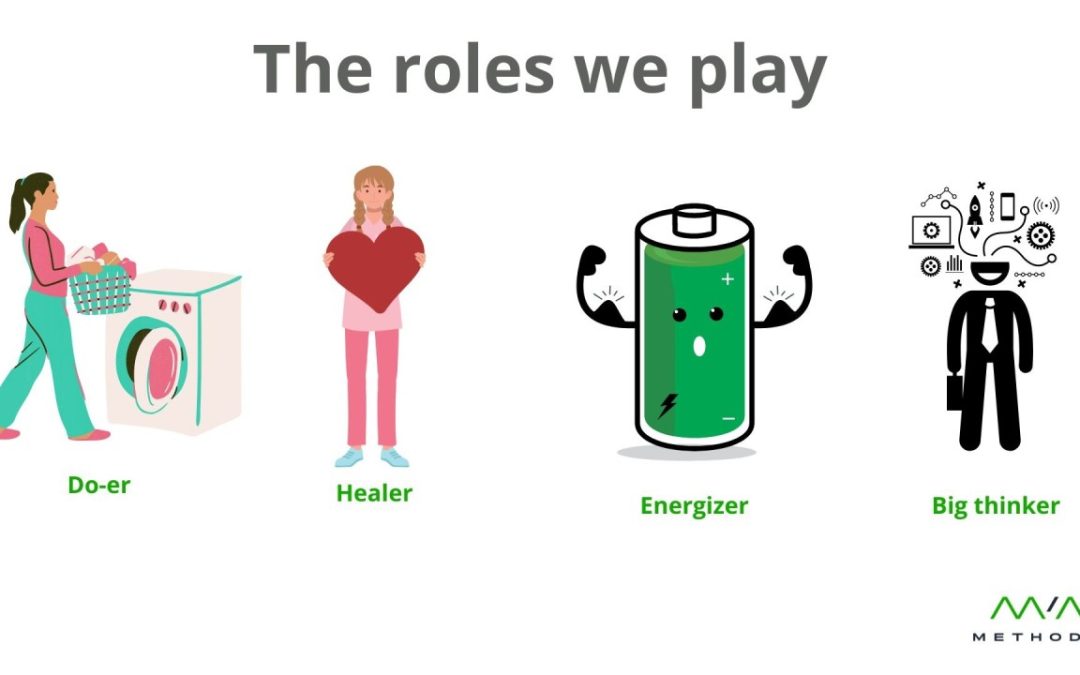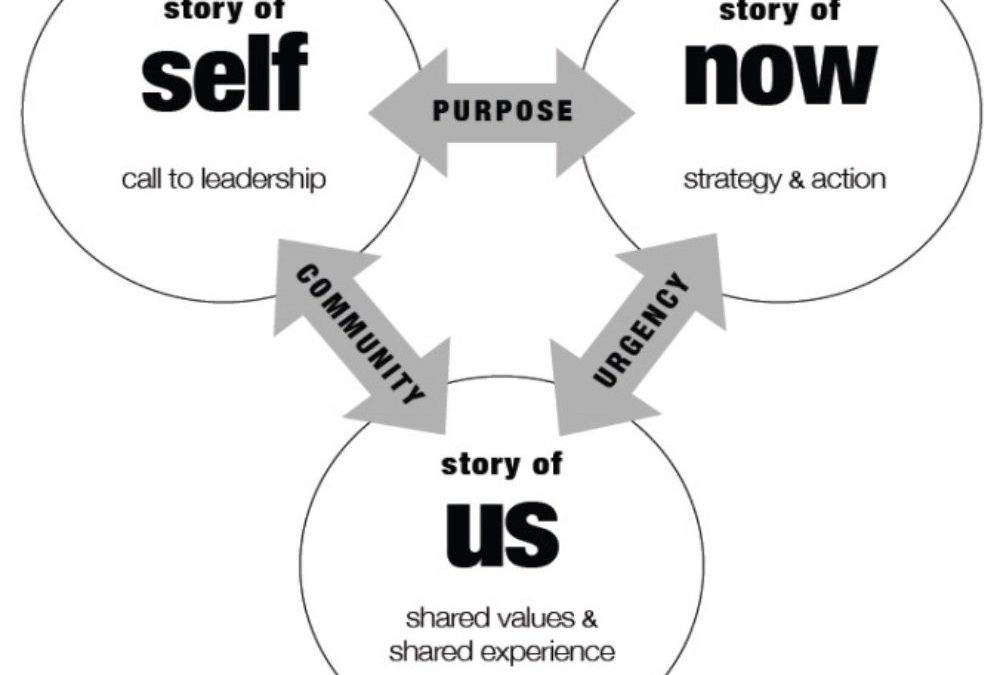It was March, and as the day approached, I was almost certain I would fail. Confidence had always come naturally to me in many areas of my life—especially when it came to public speaking—but when it came to driving, the story was different.
My driving instructor didn’t make it any easier. In fact, he seemed to specialise in stressing me out. He often told me that with my current skills, even after 50 exams, I would still not pass. His constant shouting and negative comments only reinforced my belief that failure was inevitable. I was on the verge of giving up, convinced that I simply wasn’t cut out for this.
But then something changed. On the morning of the exam, my colleague Arnout Buschenhenke called me and said something that caught me completely off guard. He told me, “Saby, I know one thing you truly love in life is public speaking. So, don’t see this driving exam as a driving exam. See this as your public speaking performance. You are on stage, the steering wheel is your microphone, the seat is your stage, and everything on the road is your audience.”
In that moment, everything shifted. The exam was no longer about navigating the streets or perfecting my parallel parking. It became about something I was passionate about—something I knew I could excel at. My mindset transformed from anxiety and self-doubt to confidence and control. I wasn’t just driving; I was performing.
And as it turns out, I passed.
This experience taught me a valuable lesson about behaviour change, one that is directly linked to the work I do. Often, when faced with a daunting task or a significant change, our instinct is to focus on what we fear—the potential for failure, the unknown, the perceived inadequacy. But what if we could reframe these challenges in a way that aligns with our strengths and passions?
In behaviour change, this is known as reframing—the art of changing the context or meaning of a situation to alter its impact on us. By viewing my driving exam through the lens of a public speaking performance, I was able to draw on a reservoir of confidence that had previously felt out of reach. The task remained the same, but the way I approached it was completely different.
This concept is at the core of the behaviour change work I do. Whether it’s helping individuals develop healthier habits, guiding teams through organisational shifts, or assisting leaders in overcoming personal barriers, the key often lies in how we perceive the challenge before us. Instead of battling our weaknesses, we can harness our strengths—just as I did with my love for public speaking during my driving exam.
Where can you use the Reframing in your team?
- Reframe the introduction of new technology from a disruptive change to an opportunity for employees to enhance their skills and career prospects.
- Reframe restructuring as a way to streamline operations and empower employees to take on more meaningful roles, rather than simply as a downsizing effort.
- Reframe the shift to a new corporate culture as a collective journey towards a more innovative and inclusive environment, rather than as a departure from past practices.
- Reframe new performance targets as a way to highlight and celebrate incremental successes, instead of viewing them solely as pressures to meet rigid goals.
- Reframe the challenges of merging teams from different organisations as an opportunity to create a more diverse and dynamic team, rather than focusing on potential conflicts and disruptions.
So, the next time you’re faced with a challenge that feels insurmountable, ask yourself: How can I reframe this situation in a way that plays to my strengths? What passion or skill can I bring to the forefront that will change how I approach this task?
By changing our perspective, we can transform not just our approach to challenges, but the very outcomes we achieve. Just like I did on that March morning, we can take the wheel and steer our lives towards success—one reframe at a time.
More From This Category

Embracing Our Strengths (Even When We Doubt Them)- November edition
Embracing Our Strengths (Even When We Doubt Them)- November editionEver felt like your greatest strength might just be… your biggest weakness? I do, all the time! One of my strengths (and possibly my superpower) is making people laugh at any given moment....

Less is More- Is that true
Less is More- Is that trueHave you ever returned from an incredible trip, brimming with excitement, only to realize—mid-monologue—that your audience has mentally checked out? Yeah, me too. For years, I’ve struggled with a classic storyteller’s dilemma: how much detail...

Embracing Our Strengths (Even When We Doubt Them)- November edition
Embracing Our Strengths (Even When We Doubt Them)- November editionEver felt like your greatest strength might just be… your biggest weakness? I do, all the time! One of my strengths (and possibly my superpower) is making people laugh at any given moment....



0 Comments